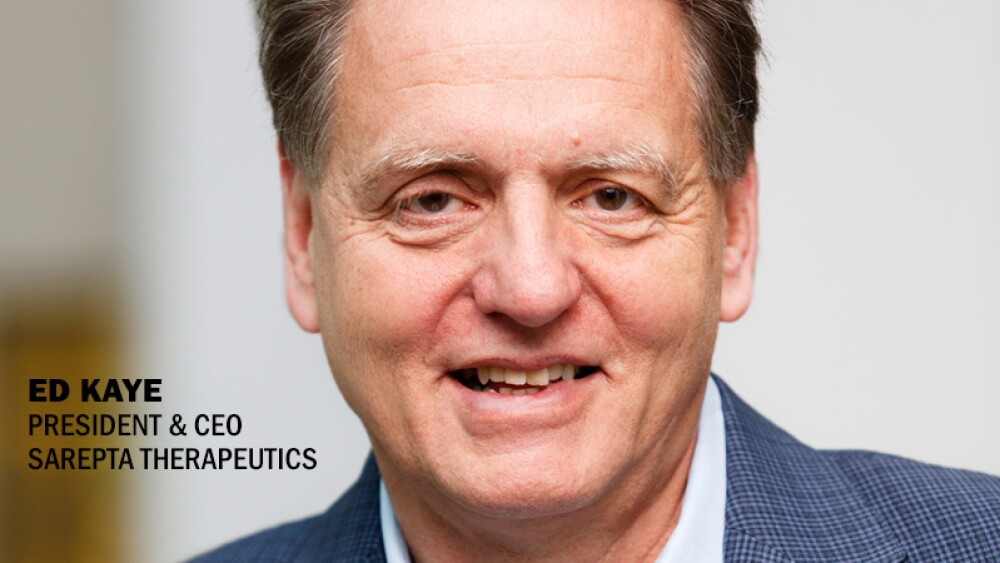October 27, 2016
By Mark Terry, BioSpace.com Breaking News Staff
Now that Sarepta Therapeutics ’s Exondys 51 (eteplirsen) has been approved for the treatment of Duchenne Muscular Dystrophy (DMD), it’s time to see if payers will cover the expensive and controversial drug. With some exceptions, insurers appear to be giving it approval, but it’s not a rubber stamp.
After nine or more months of drama and delays, the U.S. Food and Drug Administration (FDA) approved Exondys 51 in late September. DMD is a muscle wasting disease caused by mutations in the dystrophin gene. It is a progressive disease that usually causes death in early adulthood, with serious complications that include heart or respiratory-related problems. It mostly affects boys, about 1 in every 3,500 or 5,000 male children. The drug is approved for a type of the disease that affects about 13 percent of the DMD population. In the U.S., that accounts for between 1,300 and 1,600 people.
The FDA gave it conditional approval, and Sarepta will need to continue to conduct trials. The drug was given accelerated approval “based on a surrogate endpoint,” writes BioPharmaDive, “—in this case improvement in production of the dystrophin protein—rather than measured clinical benefit. While FDA reviewers were generally in agreement that dystrophin production was an acceptable surrogate endpoint, senior staff were conflicted over how much of an increase was needed to reliably predict clinical benefit.”
The drug is priced at about $300,000 for a year’s treatment, although that number is based on the weight of the patient.
So far, most insurers have agreed to pay for the treatment. One major exception is insurance company Anthem, which has 38 million health care customers. Anthem basically chose not to pay for the drug, arguing that it is “investigational and not medically necessary.”
In its notice, Anthem wrote, “Ultimately, eteplirsen secured the FDA’s approval based on an increase in dystrophin seen in the skeletal muscle of some boys treated with the drug; however, uncertainty exists regarding whether the small observed increase in dystrophin will confer a clinically meaningful benefit.”
And today it was announced that insurer Humana has agreed to cover Exondys 51, but with some strings attached. It has agreed to cover six months of the medication if it’s covered by initial approval. Humana will cover the next six months if the patients continues to be ambulatory.
“Humana’s Pharmacy and Therapeutics (P and T) Committee determined that Exondys 51 meets an unmet medical need as there is a lack of effective alternative therapy for the treatment of Duchenne Muscular Dystrophy,” a company spokesperson said in a statement. “The drug requires an approval on a member-by-member basis where we look for appropriateness of the treatment per FDA label.”
Humana’s Exondys 51 policy lays out the approval determination quite specifically, stating, “The member must have a diagnosis of Duchenne Muscular Dystrophy with a confirmed mutation of DMD gene that is amenable to exon 51 skipping documented by: Multiplex ligation-dependent probe amplification (MLPA), OR, array comparative genomic hybridization (array CGH), OR, DMD gene sequencing. The member must be ambulatory (e.g. able to walk with assistance, not wheelchair dependent).”
The recommended dose by Humana is 30 mg/kg of body weight once weekly.





